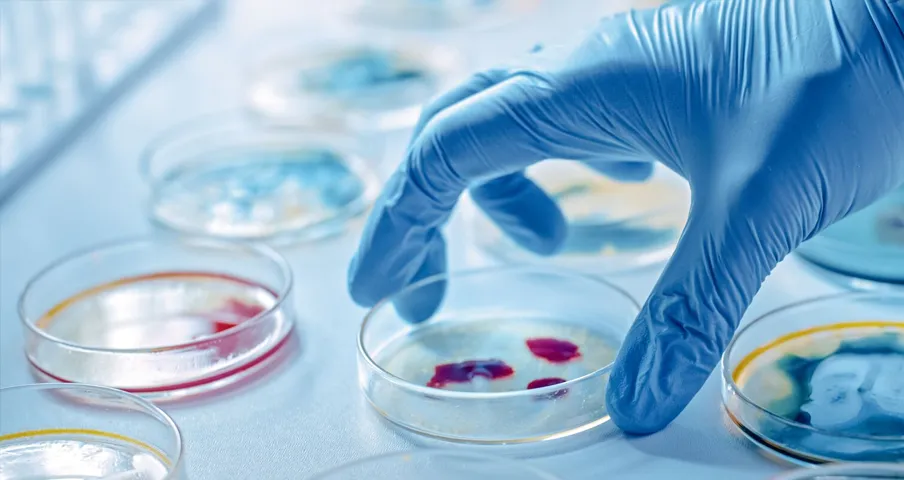Service Category
Microbiology
Microbiology is a branch of biology that focuses on the study of microorganisms, including bacteria, viruses, fungi, and protozoa. These microorganisms are too small to be seen with the naked eye and require specialized techniques and equipment for their isolation, identification, and study.
Microbiology services are offered by various institutions, including research laboratories, healthcare facilities, and pharmaceutical companies. These services involve different aspects of microbiology, including:
1. Microorganism identification: Microbiology services can assist in the identification of unknown microorganisms, both in clinical and environmental samples. This is achieved by using various techniques such as microscopy, biochemical tests, and molecular methods like polymerase chain reaction (PCR) or next-generation sequencing.
2. Antimicrobial susceptibility testing: Microbiology services can determine the susceptibility of bacteria or other microorganisms to different antimicrobial agents. This information is crucial for guiding appropriate antibiotic therapy and combating antibiotic resistance.
3. Environmental microbial analysis: Microbiology services can analyze environmental samples, such as water, soil, or air, to assess the microbial diversity, detect potential pathogens, and monitor the quality of the environment.
4. Clinical microbiology: Microbiology services can provide diagnostic testing for infectious diseases. This may include culturing and analyzing patient samples, such as blood, urine, or respiratory secretions, to identify the causative microorganism.
5. Sterility testing: Microbiology services can perform sterility tests on pharmaceutical products, medical devices, or other sterile materials to ensure they are free from viable microorganisms. This is particularly important for ensuring the safety and efficacy of these products.
6. Microbial genetics: Microbiology services may offer genetic analysis of microorganisms, including whole-genome sequencing and phylogenetic analysis. These techniques allow for studying the genetic diversity, evolution, and transmission of microorganisms.
7. Consulting and advisory services: Microbiology services may provide consultation and advice on various microbiology-related topics, such as infection control, antimicrobial stewardship, or laboratory procedures.
Overall, microbiology services play a crucial role in various fields, including healthcare, agriculture, environmental science, biotechnology, and food safety. They provide essential information for disease diagnosis, treatment, prevention, and understanding the intricate world of microorganisms.



